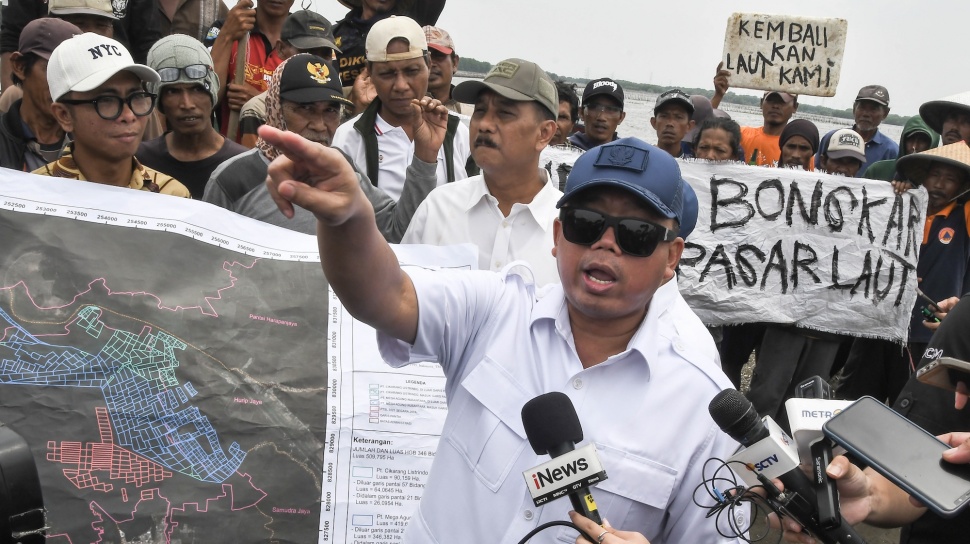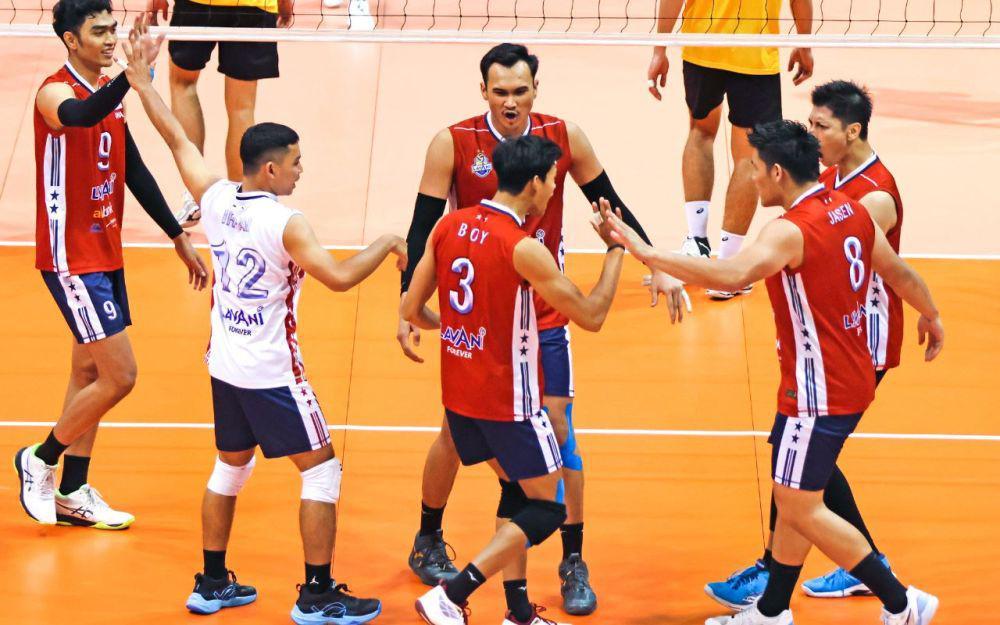Land Reform Promises Ring Hollow as Critics Point Fingers at Prabowo's Family Holdings

The Indonesian government's renewed commitment to land reform is facing scrutiny, with critics questioning the sincerity of the efforts given the significant land holdings of certain influential figures, including those close to presidential hopeful Prabowo Subianto. Promises of addressing land inequality appear to be undermined by the reality of widespread ownership concentrated in the hands of a few, raising concerns about the effectiveness of the reform program.
The issue of land ownership in Indonesia has long been a source of social and economic disparity. Millions of small farmers and indigenous communities struggle to access land, while vast tracts remain controlled by large corporations and wealthy individuals. The government's pledge to redistribute land and empower marginalized communities has been met with cautious optimism, but skepticism remains, particularly given the perceived lack of transparency and accountability in the process.
Recent statements by Saiful Muardani, a prominent analyst, have further fueled the debate. He highlighted the irony of the situation, noting, "Even the family of Prabowo is among those who control land on a very large scale." This observation has ignited a firestorm of criticism, with many questioning how genuine the government's commitment to land reform can be when those with significant influence benefit from the status quo.
The scale of Prabowo's family's land holdings is a subject of public interest and has been a recurring point of contention. While details are often difficult to ascertain definitively, reports suggest extensive ownership across various sectors, including agriculture and forestry. Critics argue that these holdings represent a barrier to genuine land reform and perpetuate the existing inequalities.
The government's response to these criticisms has been largely defensive, emphasizing its commitment to land reform and denying any preferential treatment for specific individuals or families. However, the lack of concrete action and transparency has done little to quell the concerns. Many observers believe that a truly effective land reform program requires a radical shift in policy, including stricter regulations on land ownership, increased transparency in land transactions, and a more equitable distribution of resources.
The upcoming presidential election adds another layer of complexity to the issue. Prabowo's candidacy has been accompanied by scrutiny of his family's business interests, including their land holdings. The debate over land reform is likely to become a central theme in the election campaign, with voters demanding concrete solutions to address the long-standing problem of land inequality. The outcome of the election could have a significant impact on the future of land reform in Indonesia.
Ultimately, the success of land reform in Indonesia hinges on the government's willingness to confront powerful interests and prioritize the needs of marginalized communities. Transparency, accountability, and a genuine commitment to equitable land distribution are essential to achieving lasting change and ensuring a more just and prosperous future for all Indonesians. The current situation underscores the need for a fundamental rethinking of land ownership policies and a renewed focus on empowering those who have historically been excluded from land access.






